Presidential Update Summer 2023
 IPA’s mission is to promote the science and practice of psychology for the benefit of all Iowans. Our volunteer leaders and paid contractors have been working hard in 2023 to carry out that mission in alignment with our 2021-2024 Strategic Plan. I’d like to take a moment to highlight some of the important developments from the first part of the year and the people who have been generously donating their time and energy for all our benefit.
IPA’s mission is to promote the science and practice of psychology for the benefit of all Iowans. Our volunteer leaders and paid contractors have been working hard in 2023 to carry out that mission in alignment with our 2021-2024 Strategic Plan. I’d like to take a moment to highlight some of the important developments from the first part of the year and the people who have been generously donating their time and energy for all our benefit.
Education and Training
IPA’s Training Director, Dr. Matt Cooper, has spearheaded the effort to expand the number of internship and postdoc training sites in Iowa. He reports that Iowa has retained 100% of postdoc trainees over the last three years! He is working hard to establish a training consortium, which will increase the number of internship sites available in Iowa. This consortium will be a new region of the National Psychology Training Consortium, which has three regions in the US and trains an average of 70 interns per year. He expects the number of predoctoral interns in Iowa to double in the next 5-10 years. This bodes well for increasing the number of psychologists in Iowa because many students at ISU and U of I would like to stay in Iowa but historically have struggled to find training sites in state.
The Program Planning Committee held a successful Spring Conference and is preparing for the Fall Conference. This October 6th, we will be welcoming IPA’s own Dr. Krista Brittain who will present Following the Breadcrumbs: The Basics of Collaborative/Therapeutic Assessment and How It Can Enhance Clinical Practice at the West48 conference center in West Des Moines. Later that month, IPA’s Diversity and Social Justice Committee will be hosting Dr. Allison Momany who will present Gender Identity and Expression in Neurodiverse Youth on October 27th (registration will open very soon!).
Diversity, Equity, and Inclusion
I have some bittersweet news to share regarding our Diversity Liaison and Diversity and Social Justice Committee (DSJC). Dr. Joy Goins-Fernandez is resigning from IPA leadership as of August 31st to pursue a new professional role. She served as Interim Diversity Liaison in 2020 and was elected to the role in 2021 and has been serving since then. She has also been closely involved with the DSJC since 2016 and formally served as chair and co-chair until 2022. She was a key voice in creating and updating our Social Justice Policy that delineates procedures for how IPA addresses social justice issues and in adding a statement to our website that communicates the association’s commitment to diversity, equity, and inclusion. She and the DSJC created a Graduate Student Diversity and Social Justice Award to recognize IPA student members for community-based social justice projects. She also started the DSJ Book and Film Club. IPA is a more informed and multiculturally aware organization because of Dr. Goins-Fernandez’s efforts. I cannot thank her enough for the significant impact she has had on IPA and its members, as well as the Iowans they serve.
As hard as it is to let Dr. Goins-Fernandez go, I am thrilled to say that the Executive Council approved Dr. Jennifer Kauder to serve as Interim Diversity Liaison for the remainder of the year. I am grateful for Dr. Kauder’s willingness to step into this important role and am confident she will excel in it. Dr. Kauder has previously served as IPA Treasurer and DSJC member.
Building Connections and Community
The Spring Conference featured a student poster session during which graduate and undergraduate students presented their research. It was heartwarming to see all the engaging conversations the students were having with conference attendees. There was also an impromptu pizza party held Friday night of the conference. Our Executive Director, Suzanne Hull, and Dr. Nicole Keedy’s husband and daughter, Morgan and Naya, helped gather supplies and arrange the food. Seeing attendees connect and laugh with one another was incredibly rewarding.
Our IPA Representative, Dr. Ashley Freeman, assisted by Dr. Sarah Fetter, has coordinated additional opportunities for IPA members to connect with one another. They have organized two socials in West Des Moines; the first was in May and was well attended, and the second is scheduled for September 14th at 5 p.m. at The Hall. All IPA members are invited, as are your non-IPA psychologist friends. Please invite them to tag along and see how much fun IPA is!
The Early Career Psychologist Committee and chair Dr. Maggie Doyle also organized a couple of social events in June. Early in the month, they held a gathering at Jethro’s BBQ in the Des Moines metro. Dr. Jenna Paternostro extended an invitation to an ECP Committee-sponsored family-friendly strawberry picking event at the Berry Basket Farm in Iowa City.
I believe efforts such as these, as well as other strides made by our Membership Committee, have positively impacted the sense of professional community and connection among members. You can read more about how our Membership Committee has been successful at increasing membership here.
I also want to thank Dr. Jenna Paternostro for heading up the Marketing Consultant Workgroup. This group is assessing the feasibility and process of updating the IPA logo and making our website more user-friendly and accessible. This group is composed of folks from the Membership, WEB, and Finance Committees. I think we will all benefit from this much-needed project.
Advocacy
Our Advocacy Team achieved some important wins for psychology this legislative session: $10 million increase in Medicaid mental health rates, a total of $35 million increase in substance use treatment funding from state and federal sources, continued funding of the internship program, banning non-compete clauses in mental health professional contracts, preventing PsyPACT from coming to Iowa, and removal of some barriers to becoming a prescribing psychologist in Iowa. It should be noted that this is an especially significant triumph for Dr. Bethe Lonning, who has been a tireless champion of RxP since 2006.
The Advocacy Team’s achievements are particularly noteworthy because, as some of you may know, we did not have a State Advocacy Coordinator (SAC) this year. Thankfully, our current representative to APA’s Council of Representatives, Dr. Paul Ascheman, who served as IPA’s SAC for many years, worked double duty performing many of the duties of the SAC. Serving in these two roles, in addition to having a career and family, was a generous but unsustainable contribution to IPA. The SAC is a crucial role for IPA and professional psychology practice, and unfortunately, we do not yet have a candidate willing to run for SAC in the next IPA Executive Council election. If this is something you would consider or would like to learn more about, please contact me.
Financial Stability
Our Treasurer, Dr. Sarah Fetter, and Finance Committee members Drs. Benge Tallman and Dan Courtney have been thoughtfully exploring ways of making IPA’s investment account work better for us to further solidify IPA’s financial health. Dr. Fetter is also collaborating with members of IPA’s Advocacy Team and APA to apply for an APA Legislative Grant to supplement the 2024 budget.
I am incredibly grateful for and proud of all that IPA leadership is doing for the membership. The association could not function if not for the generous donation of time and energy of its members. If you’ve enjoyed the many benefits you receive as part of your IPA membership, please consider contributing to the efforts that make those benefits possible. Many hands make light work, and many hands also create an engaged and fulfilling community.
Begin paid content
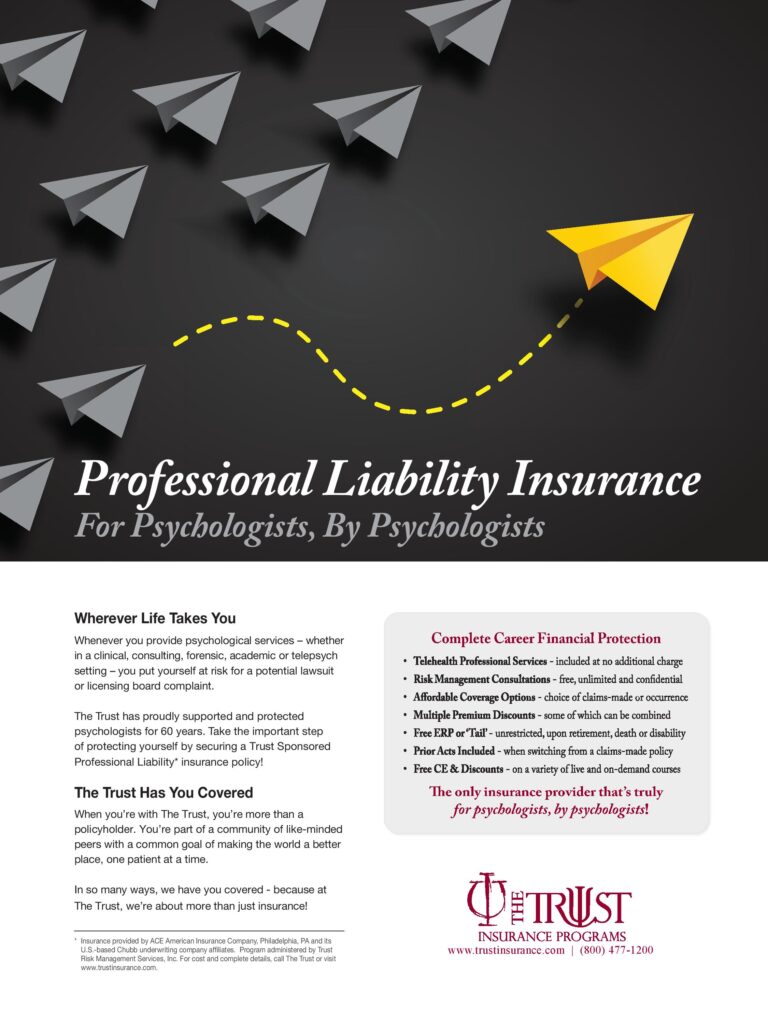
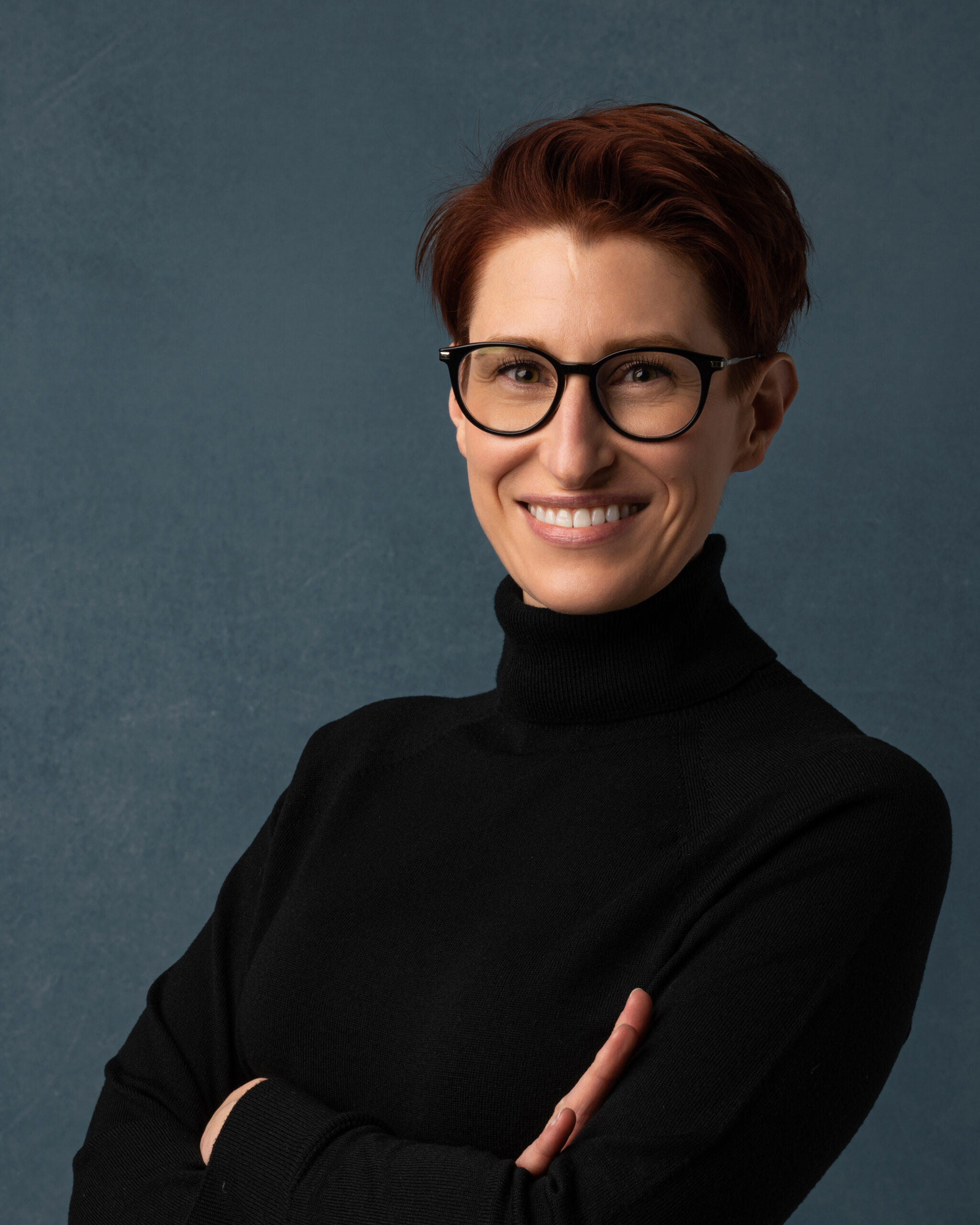
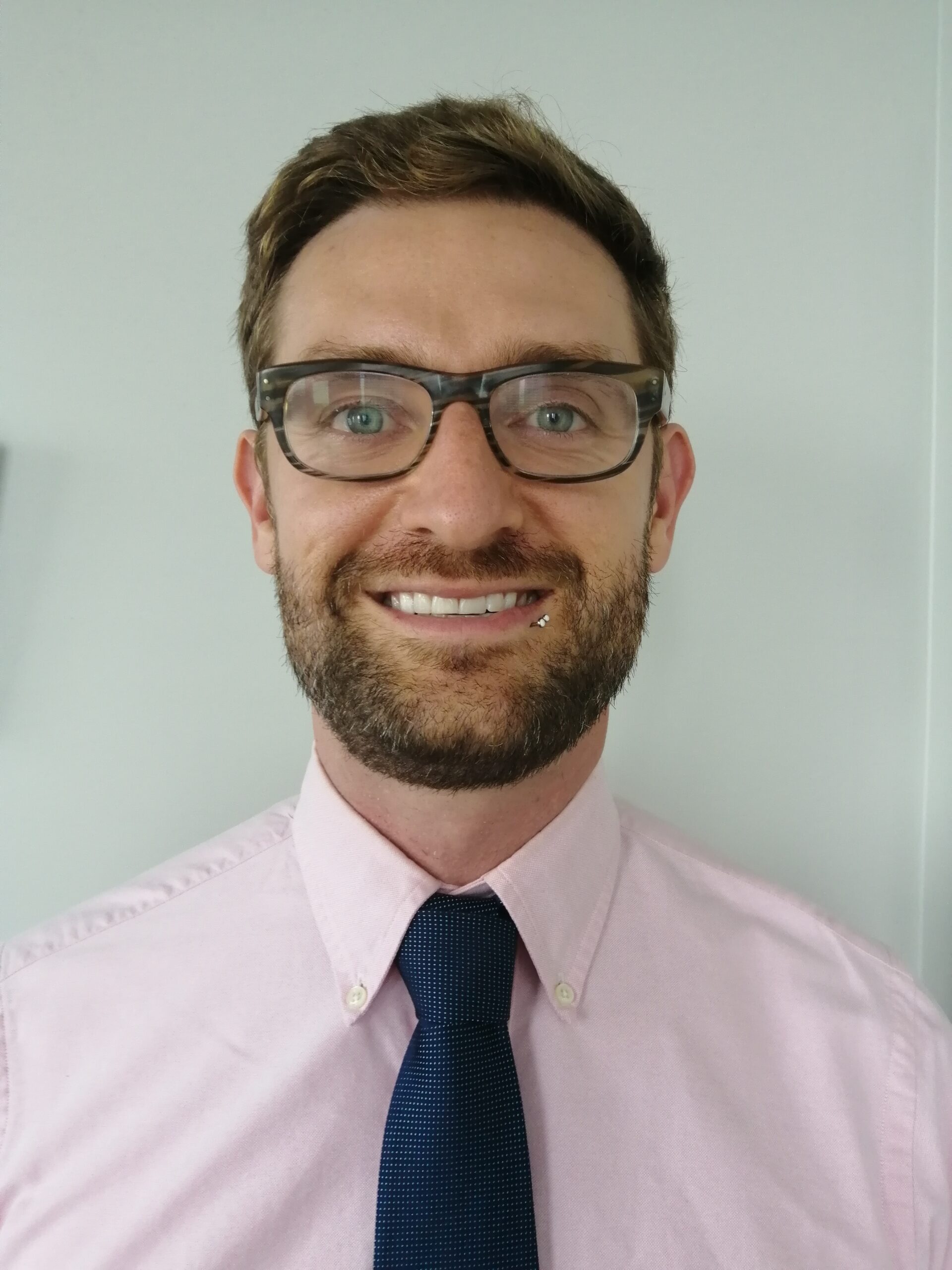


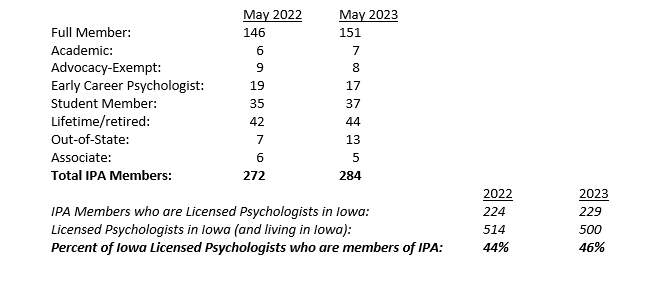
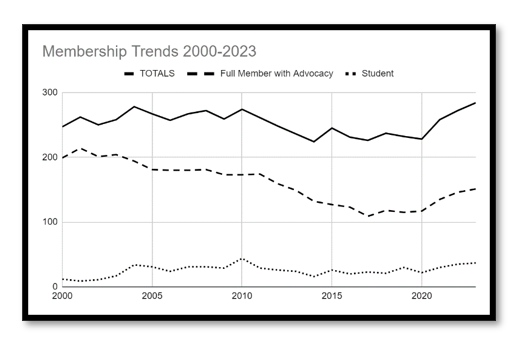
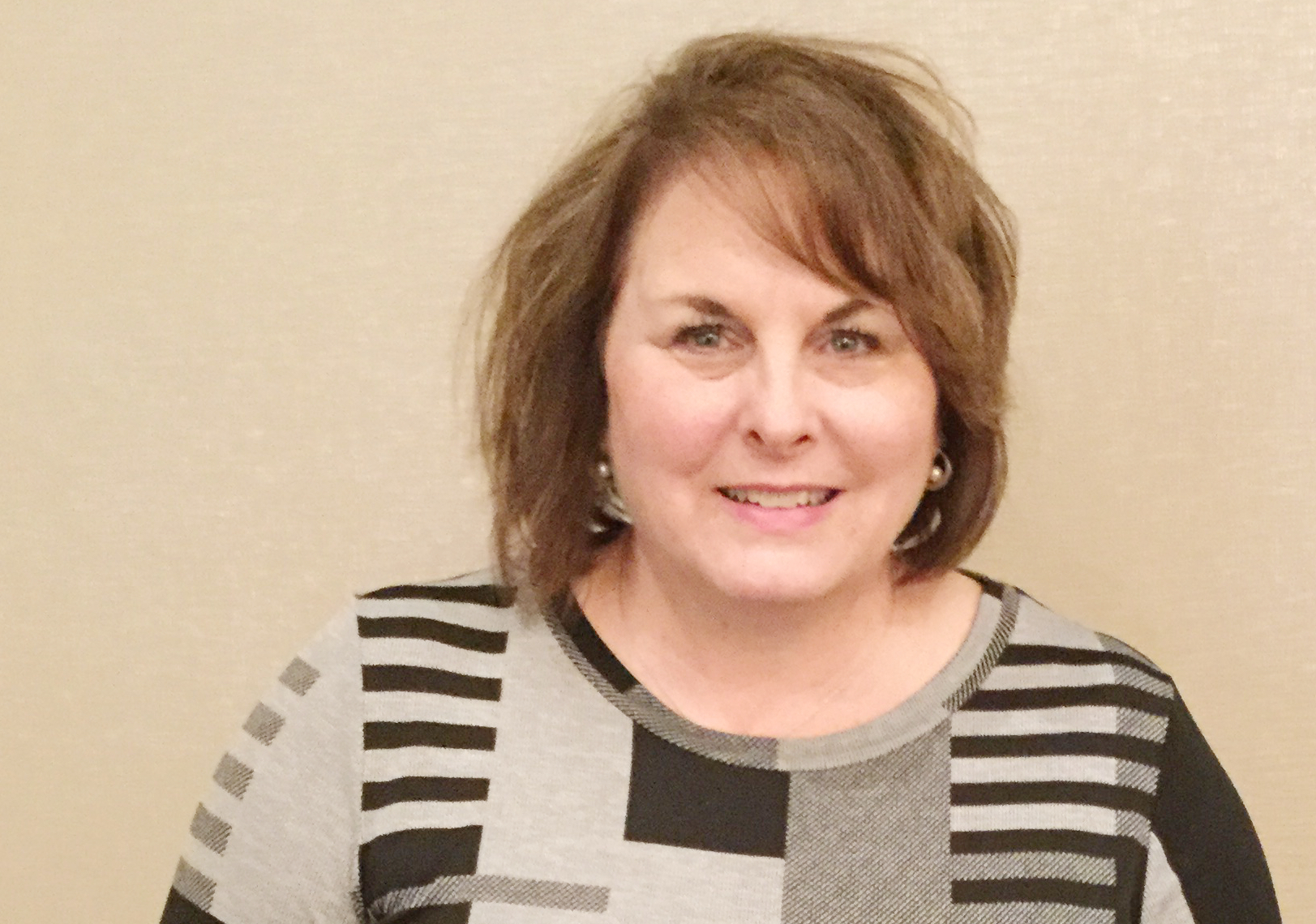
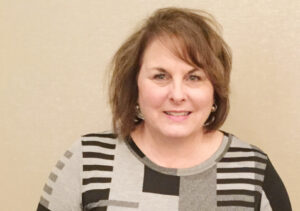 Iowa holds its place in psychology history as the fourth state to pass legislation that allows psychologists to prescribe medication after additional education and experiential training. The initial legislation was signed into law in 2016 and administrative rules were finalized in February 2019, which opened the door to begin licensing prescribing psychologists in Iowa.
Iowa holds its place in psychology history as the fourth state to pass legislation that allows psychologists to prescribe medication after additional education and experiential training. The initial legislation was signed into law in 2016 and administrative rules were finalized in February 2019, which opened the door to begin licensing prescribing psychologists in Iowa.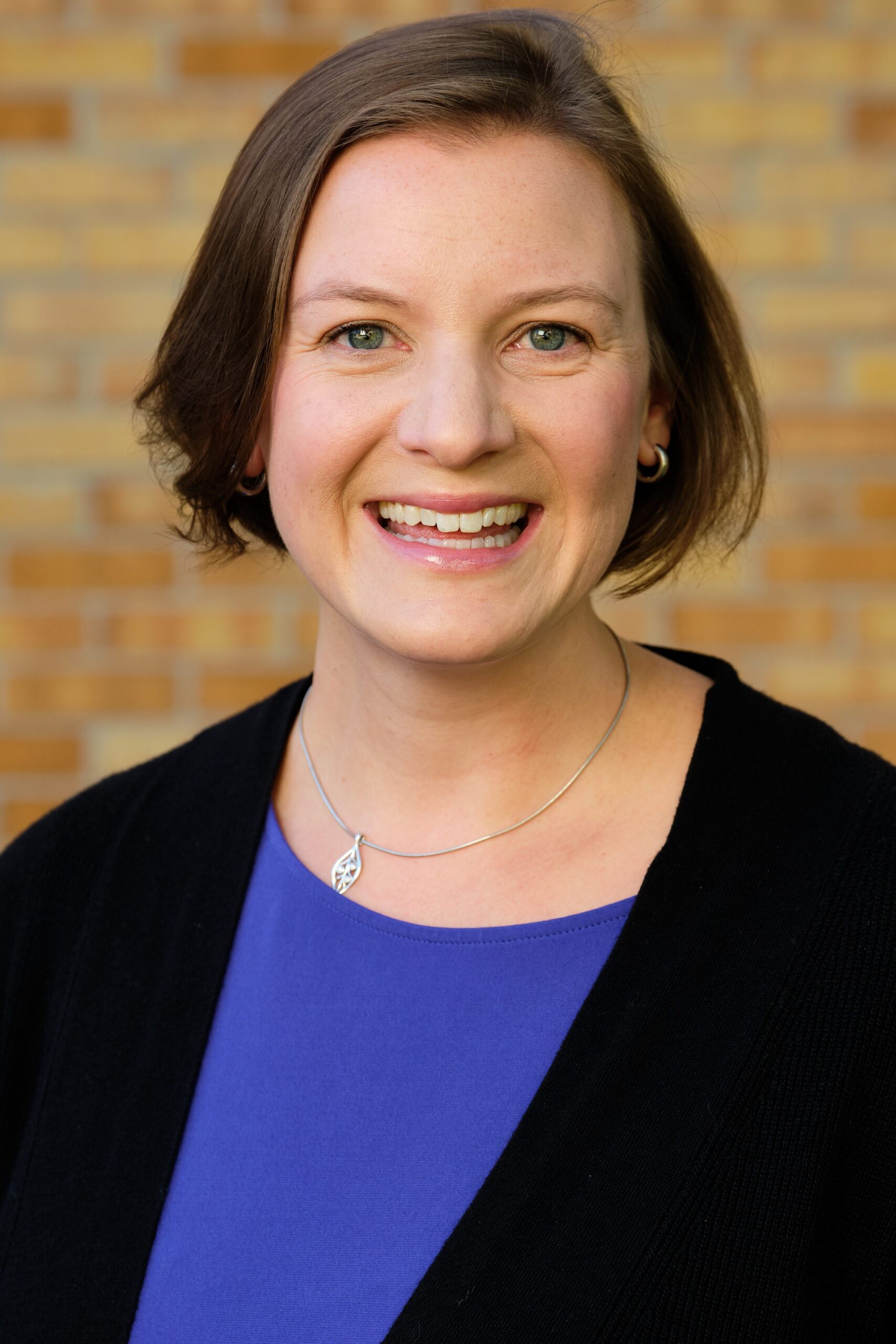
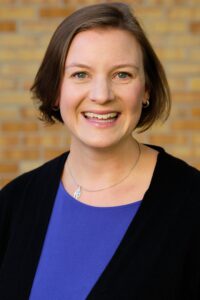 The Iowa Psychological Association Spring 2023 conference was unlike any other professional meeting I had ever attended! I knew it would be a unique day as I drove to the event from my home in Des Moines. Navigating across parts of Iowa I had never visited with vast farmland and small-towns drifting by, I was deep in thought about the future of our state. Not far from the venue, I turned too early and encountered a herd of cows in a field, with beautiful rolling hills and tiny gravel roads in the distance. I definitely wasn’t in Colorado anymore!
The Iowa Psychological Association Spring 2023 conference was unlike any other professional meeting I had ever attended! I knew it would be a unique day as I drove to the event from my home in Des Moines. Navigating across parts of Iowa I had never visited with vast farmland and small-towns drifting by, I was deep in thought about the future of our state. Not far from the venue, I turned too early and encountered a herd of cows in a field, with beautiful rolling hills and tiny gravel roads in the distance. I definitely wasn’t in Colorado anymore!
 The morning of IPA’s Spring conference likely had two “kick offs.” One was occurring being the scenes, where the conference planning committee headshot for Dr. Barazanjiwas creatively pivoting to respond to unforeseen challenges related to the resort’s amenities. My hat goes off to all those incredible individuals as they managed that kickoff with grace and innovation in order to deliver what was promised to attendees.
The morning of IPA’s Spring conference likely had two “kick offs.” One was occurring being the scenes, where the conference planning committee headshot for Dr. Barazanjiwas creatively pivoting to respond to unforeseen challenges related to the resort’s amenities. My hat goes off to all those incredible individuals as they managed that kickoff with grace and innovation in order to deliver what was promised to attendees.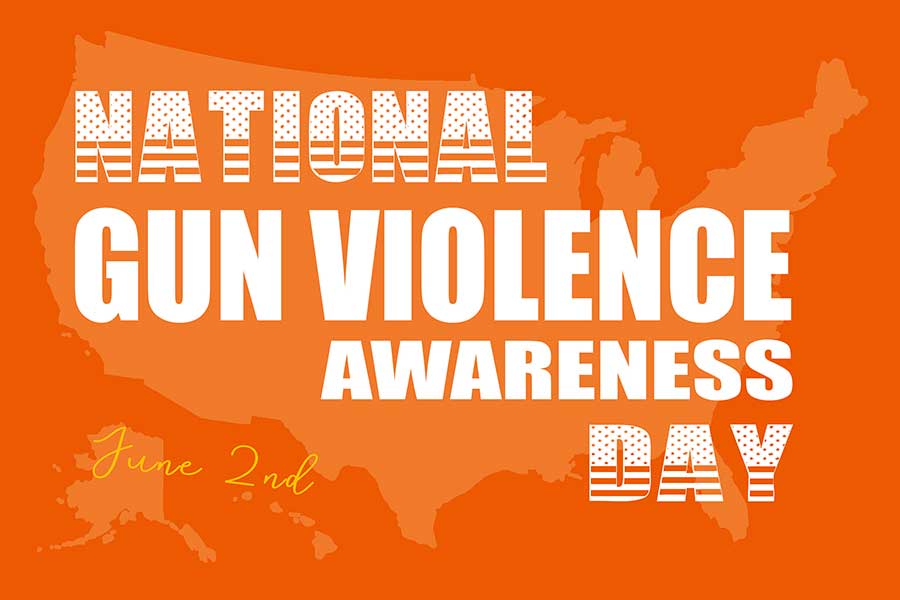
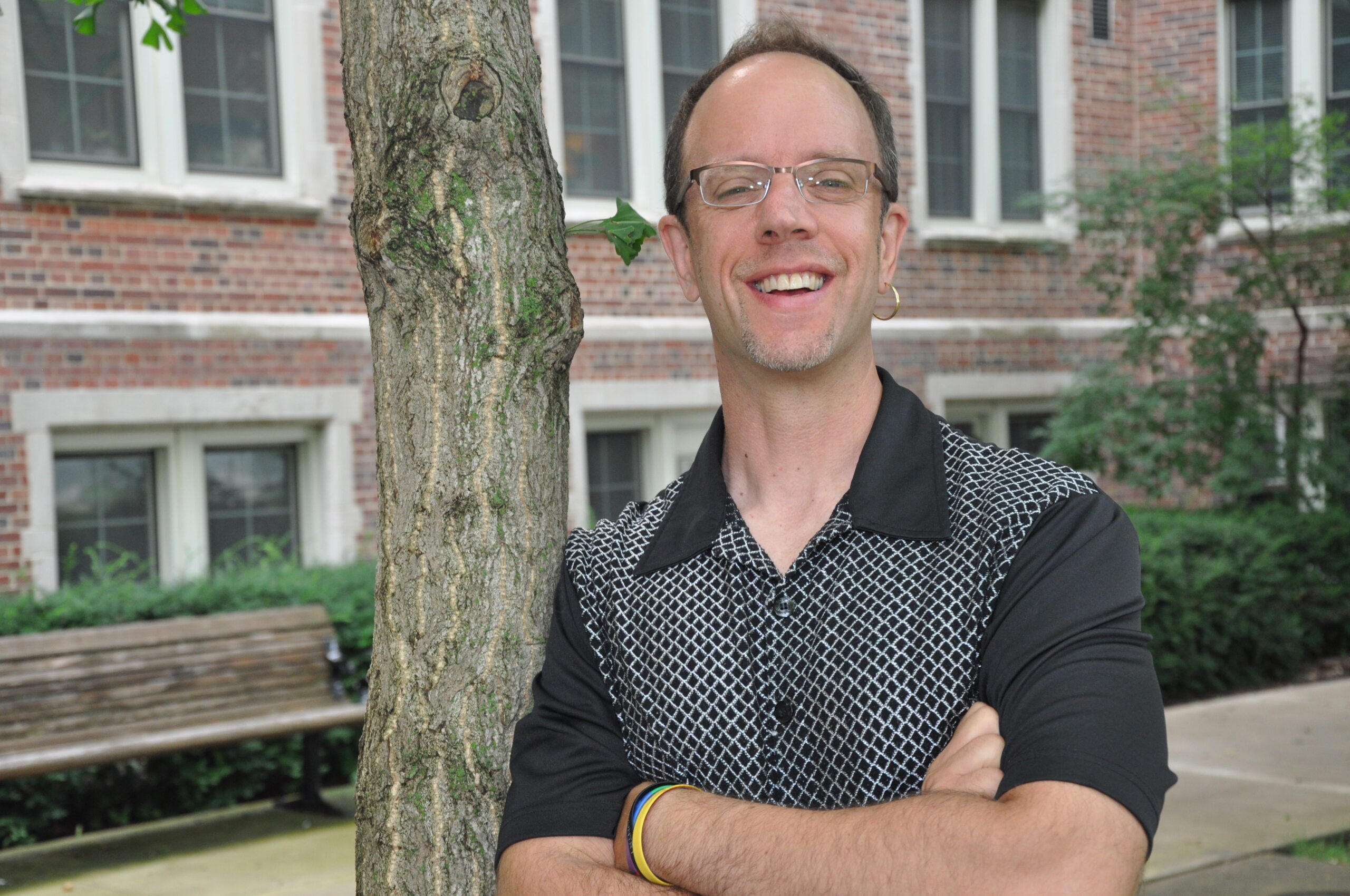
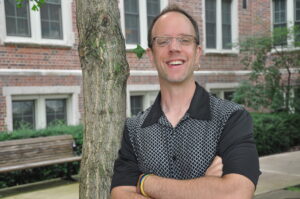 We are in a time of significant legislative challenge focused on Iowa citizens who are transgender/non-binary (TGNB). Recent changes to Iowa law include, amongst several actions, prohibiting youth who are TGNB from accessing gender affirming medical care. This creates challenges for psychologists who work with youth who are TGNB and their family and friends.
We are in a time of significant legislative challenge focused on Iowa citizens who are transgender/non-binary (TGNB). Recent changes to Iowa law include, amongst several actions, prohibiting youth who are TGNB from accessing gender affirming medical care. This creates challenges for psychologists who work with youth who are TGNB and their family and friends.
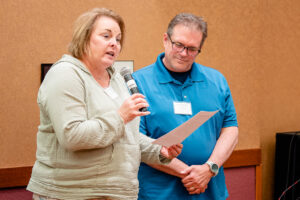 You know that a candidate is deserving of an award when two fellow psychologists both decide to nominate her at the same time. That was the case this year when both Dr. Bethe Lonning and Dr. Warren Phillips submitted nominations for Dr. Sally Oakes Edman. Their nomination letter:
You know that a candidate is deserving of an award when two fellow psychologists both decide to nominate her at the same time. That was the case this year when both Dr. Bethe Lonning and Dr. Warren Phillips submitted nominations for Dr. Sally Oakes Edman. Their nomination letter: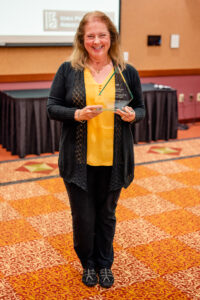 The summer after my junior year in college, I decided I should use my psychology major to become a clinical psychologist. I was 20 years old, and had never met a clinical psychologist.
The summer after my junior year in college, I decided I should use my psychology major to become a clinical psychologist. I was 20 years old, and had never met a clinical psychologist.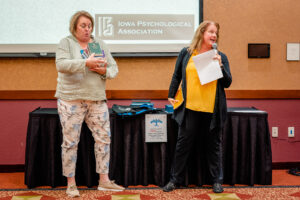 A year or two after I joined IPA, I attended a conference, since I really needed the continuing education, and as this was around the time we got our first EVER computers in our offices and were being trained on how to use a new thing called “email”, there was no remote CE option. Attending was tricky, though, because I was nursing my baby daughter, and couldn’t be away from her overnight. So I recruited my husband to come along and wrangle three little kids in a hotel room in Des Moines, and deliver my baby to me at the right times so I could nurse her. My plan was to do this while looking not like a young nursing mama, but like a mature, knowledgeable professional in this room full of older men. This was in the days of a very popular TV commercial – everyone watched the same four channels in those days – involving a sexy woman wearing a business suit and high heels singing to striptease-type music “I can bring home the bacon, fry it up in a pan, and never let him forget that he’s a man.” What a message – I can earn the money, do the housework, and still be the sexy little woman upholding my man’s masculine ego. Women were working like crazy to show that we could do it all. Ourselves. Without help.
A year or two after I joined IPA, I attended a conference, since I really needed the continuing education, and as this was around the time we got our first EVER computers in our offices and were being trained on how to use a new thing called “email”, there was no remote CE option. Attending was tricky, though, because I was nursing my baby daughter, and couldn’t be away from her overnight. So I recruited my husband to come along and wrangle three little kids in a hotel room in Des Moines, and deliver my baby to me at the right times so I could nurse her. My plan was to do this while looking not like a young nursing mama, but like a mature, knowledgeable professional in this room full of older men. This was in the days of a very popular TV commercial – everyone watched the same four channels in those days – involving a sexy woman wearing a business suit and high heels singing to striptease-type music “I can bring home the bacon, fry it up in a pan, and never let him forget that he’s a man.” What a message – I can earn the money, do the housework, and still be the sexy little woman upholding my man’s masculine ego. Women were working like crazy to show that we could do it all. Ourselves. Without help.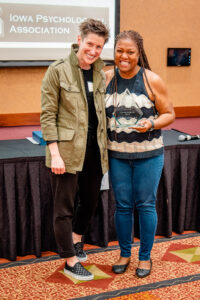 Upon joining IPA, Dr. Goins-Fernandez quickly got involved in leadership. She was instrumental in the development of our Diversity and Social Justice Committee (DJSC) in 2016. She chaired or co-chaired the committee until April of 2022. Under her leadership, the DJSC’s membership increased by more than 100%, and she welcomed many student IPA members to the committee. Dr. Goins-Fernandez’s leadership style is collaborative and empowering. In her role as DSJC chair, she regularly invited and encouraged contributions from committee members. By sharing her vision and setting clear expectations, she empowered others to do their part to promote EDI efforts within IPA. She successfully argued for a clause in all speaker contracts requiring presenters to discuss EDI aspects of their topics; this initiative was approved by our Executive Council. Dr. Goins-Fernandez was a key voice in creating and updating our Social Justice Policy that delineates procedures for how IPA addresses social justice issues and in adding a statement to our website that communicates the association’s commitment to EDI. Other than our Membership Committee, no other committee engages our members more frequently. The DSJC provides members with educational content, including formal continuing education training events and informal postings to our E-list. Dr. Goins-Fernandez has organized multiple presentations by experts in the field including Dr. Melba Vasquez (cultural competence and ethics), Dr. Sherry Wang (combating anti-Asian hate), Dr. Erin Alexander (racial reconciliation), and Dr. Erin Andrews (disability awareness and ethics). She and the DSJC created a Graduate Student Diversity and Social Justice Award to recognize IPA student members for community-based social justice projects. She also started the DSJ Book and Film Club, in which IPA members read books or watch films on EDI topics. Some of the books discussed have included “How to be an Anti-Racist” by Dr. Ibram X. Kendi, “Minor Feelings: An Asian American Reckoning” by Cathy Park Hong, and “Sissy: A Coming of Gender Story” by Jacob Tobia; film titles include “13th” and “Katrina Babies.”
Upon joining IPA, Dr. Goins-Fernandez quickly got involved in leadership. She was instrumental in the development of our Diversity and Social Justice Committee (DJSC) in 2016. She chaired or co-chaired the committee until April of 2022. Under her leadership, the DJSC’s membership increased by more than 100%, and she welcomed many student IPA members to the committee. Dr. Goins-Fernandez’s leadership style is collaborative and empowering. In her role as DSJC chair, she regularly invited and encouraged contributions from committee members. By sharing her vision and setting clear expectations, she empowered others to do their part to promote EDI efforts within IPA. She successfully argued for a clause in all speaker contracts requiring presenters to discuss EDI aspects of their topics; this initiative was approved by our Executive Council. Dr. Goins-Fernandez was a key voice in creating and updating our Social Justice Policy that delineates procedures for how IPA addresses social justice issues and in adding a statement to our website that communicates the association’s commitment to EDI. Other than our Membership Committee, no other committee engages our members more frequently. The DSJC provides members with educational content, including formal continuing education training events and informal postings to our E-list. Dr. Goins-Fernandez has organized multiple presentations by experts in the field including Dr. Melba Vasquez (cultural competence and ethics), Dr. Sherry Wang (combating anti-Asian hate), Dr. Erin Alexander (racial reconciliation), and Dr. Erin Andrews (disability awareness and ethics). She and the DSJC created a Graduate Student Diversity and Social Justice Award to recognize IPA student members for community-based social justice projects. She also started the DSJ Book and Film Club, in which IPA members read books or watch films on EDI topics. Some of the books discussed have included “How to be an Anti-Racist” by Dr. Ibram X. Kendi, “Minor Feelings: An Asian American Reckoning” by Cathy Park Hong, and “Sissy: A Coming of Gender Story” by Jacob Tobia; film titles include “13th” and “Katrina Babies.” 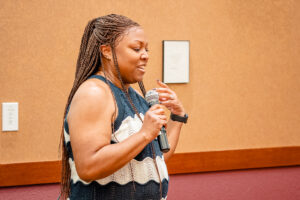 Dr. Goins-Fernandez has made a significant impact on IPA, and our organization is better and stronger for it. There is no doubt that she has helped Iowa psychologists provide more effective and safer care to Iowans who have experiences and identities that differ from their own by spearheading programming to expand their multicultural awareness, knowledge, and skills. It is for these reasons and more that I believe she is deserving of IPA’s Diversity Leadership award.
Dr. Goins-Fernandez has made a significant impact on IPA, and our organization is better and stronger for it. There is no doubt that she has helped Iowa psychologists provide more effective and safer care to Iowans who have experiences and identities that differ from their own by spearheading programming to expand their multicultural awareness, knowledge, and skills. It is for these reasons and more that I believe she is deserving of IPA’s Diversity Leadership award.